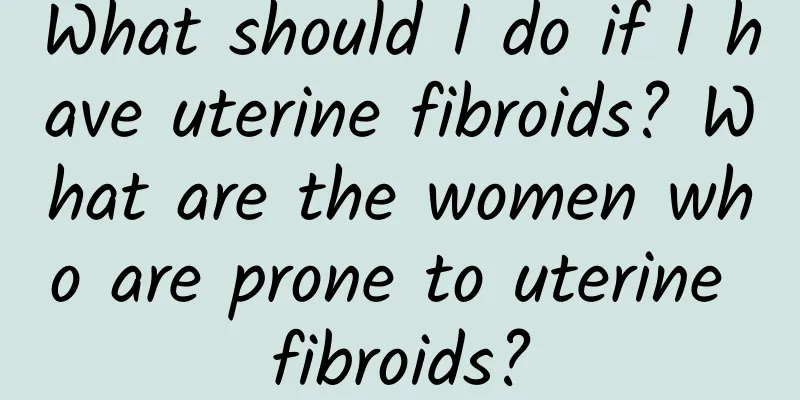What are the symptoms of endometrial polyps?

|
Endometrial polyp is a common gynecological disease caused by local excessive proliferation of the endometrium. It manifests as single or multiple smooth tumors protruding into the uterine cavity with pedicles of varying lengths. The symptoms of endometrial polyps mainly include the following aspects: 1. Abnormal uterine bleeding: Endometrial polyps may cause local blood vessel hyperplasia in the uterus, causing abnormal uterine bleeding. This bleeding may manifest as increased menstrual volume, prolonged menstruation, intermenstrual bleeding, bleeding after sexual intercourse, or vaginal bleeding after menopause. 2. Infertility: Endometrial polyps may affect the implantation of the fertilized egg and the development of the embryo, leading to infertility. 3. Abdominal pain: Endometrial polyps may cause poor menstrual discharge, causing abdominal pain and other symptoms. This type of abdominal pain usually occurs in the second half of the menstrual period, progressively worsens, and gradually disappears after the menstrual period ends. 4. Abdominal mass: Larger endometrial polyps may form a mass in the abdomen, which can be diagnosed by palpation or ultrasound. 5. Other symptoms: Endometrial polyps may also cause other symptoms, such as anemia, fatigue, discomfort during sexual intercourse, etc. Some endometrial polyps may not have obvious symptoms and are only discovered during physical examinations. Regular gynecological examinations and ultrasound examinations are important means of timely detection and treatment of endometrial polyps. |
<<: Is vomiting before menstruation a disease?
>>: Does mild cervical erosion need treatment?
Recommend
What do you know about the causes of adnexitis?
What are the causes of adnexitis? What do you kno...
Will pregnant women have miscarriage if they drink brown sugar water? Let's take a look
Brown sugar water is a drink that many female fri...
What anti-inflammatory drugs should be taken after abortion? Which is less harmful, abortion or medication?
What anti-inflammatory drugs should I take after ...
What are the types of dysmenorrhea? Here is the answer
Dysmenorrhea is divided into primary dysmenorrhea...
Classification of causes of hyperprolactinemia
What are the types of hyperprolactinemia? Accordi...
Pay attention to the little details of your body and be aware of pelvic inflammatory disease in advance
How can you tell if you have acute pelvic inflamm...
Lack of sleep may lead to hyperprolactinemia
Endocrine factors are very common in patients wit...
What are the symptoms of congenital absence of vagina?
Many patients with congenital absence of vagina d...
How to treat acute and chronic cervicitis in women? There are five side effects of physical therapy for cervicitis in women.
Cervicitis has now become the most common gynecol...
Can I eat instant noodles if I have cervical erosion?
Cervical erosion is one of the common gynecologic...
Common symptoms of uterine fibroids Prevention methods of uterine fibroids
Uterine fibroids are a common gynecological tumor...
Beat body fat! 3 sports myths you should know
I'm clearly trying hard to lose weight, but w...
Treatment of left ovarian cyst
The treatment of left ovarian cysts varies depend...
Are your blood vessels always scratching? 3 powerful foods to activate blood vessels
Although he looks like a young man in his 30s, hi...
Does abnormal bleeding mean irregular menstruation? Uncover the causes of irregular menstruation
Is abnormal vaginal bleeding irregular menstruati...









